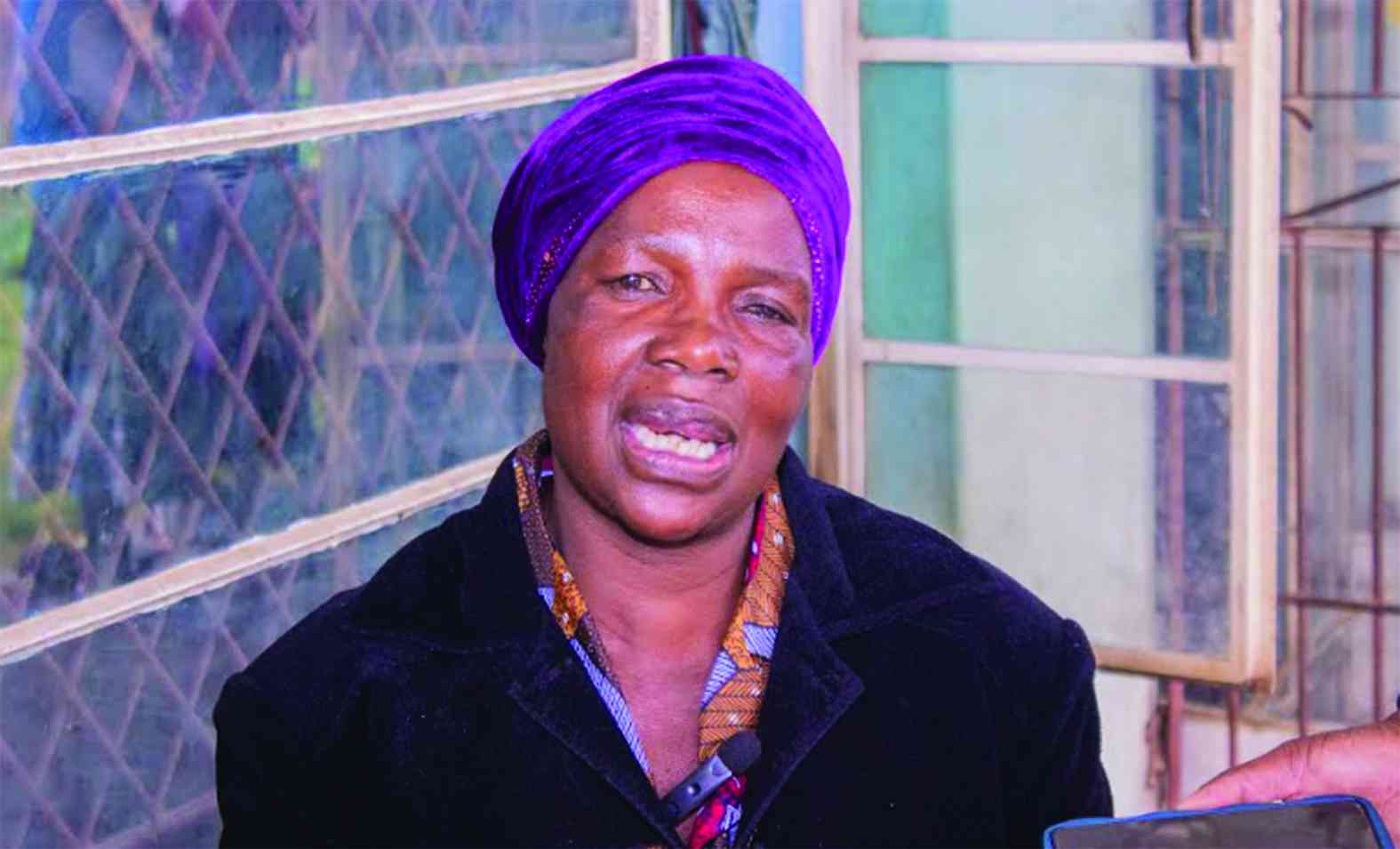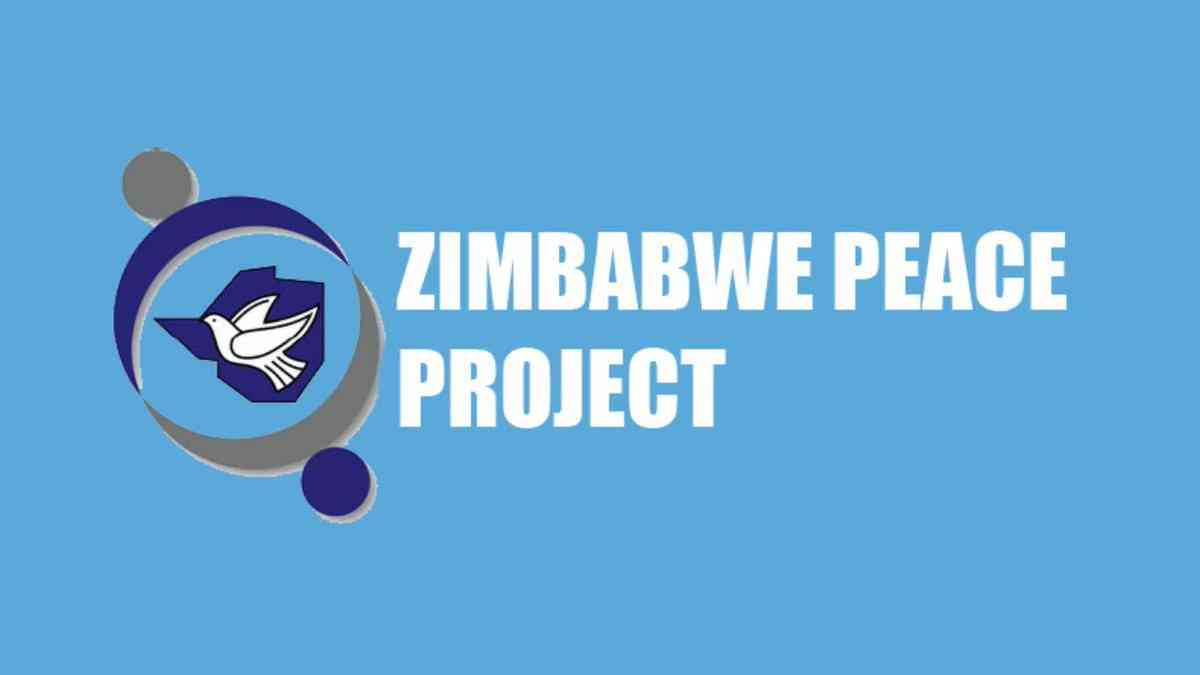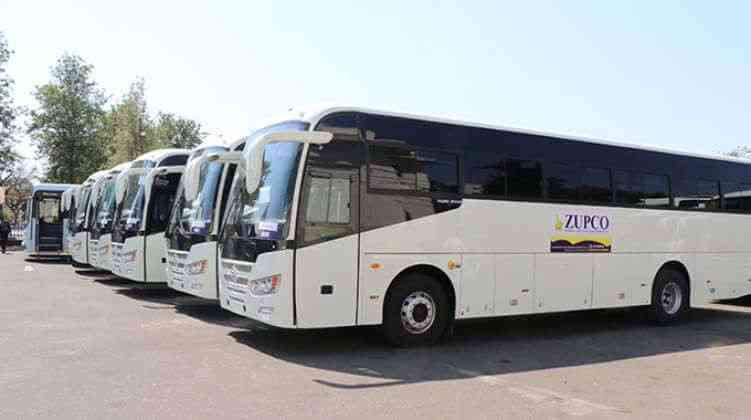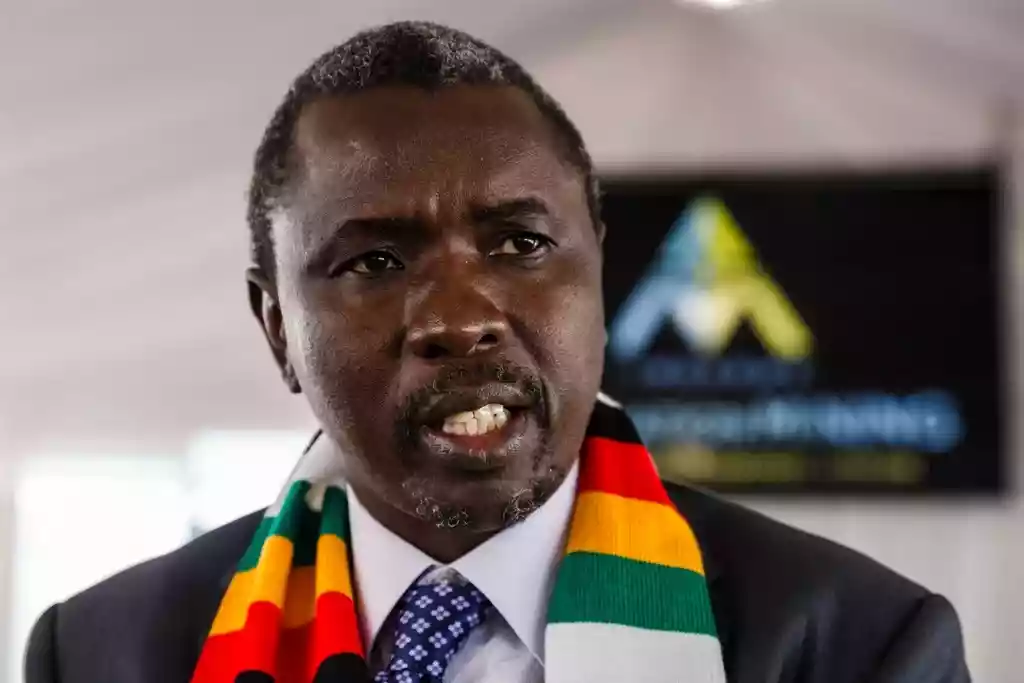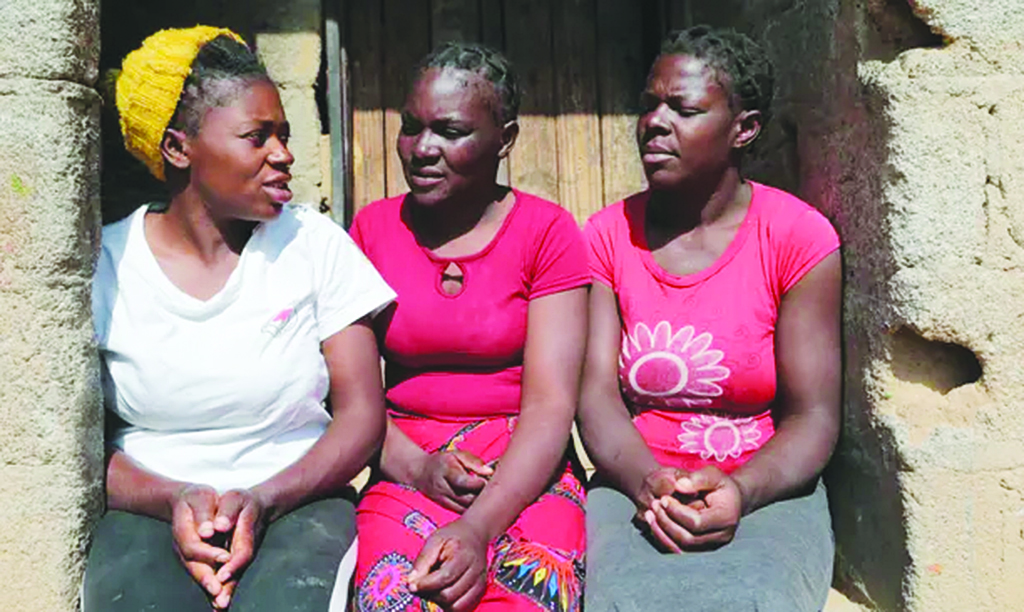
AT 45, Philimon Mashava has never had a bank account or a phone in his name.
He has never had a birth certificate and, without documents, Mashava’s stateless existence has meant him missing out on school and countless job opportunities, as employers want some form of identification.
Being locked out of citizenship in the southern African country is an issue for an estimated 300 000 Zimbabweans, according to Amnesty International.
Mashava has survived by street trading. Born in Chipinge to a Mozambican father who returned home and a Zimbabwean mother who died young, his five children are on track to inherit his statelessness.
“Getting an ID has always been tough because my father’s relatives are in Mozambique and there is no way of getting in contact with them. No one knows exactly where they are,” Mashava says from his home in Hopley, 10km from the centre of the capital, Harare.
“I just grew up without a birth certificate. This is my life.”
And his children’s too, as without one, Mashava’s 16-year-old son cannot sit his school examinations.
“My eldest son needs to register for his examinations, but he cannot,” he says.
- Chamisa under fire over US$120K donation
- Mavhunga puts DeMbare into Chibuku quarterfinals
- Pension funds bet on Cabora Bassa oilfields
- Councils defy govt fire tender directive
Keep Reading
Thousands are living on these margins. Descendants of foreign nationals who moved to the country to provide cheap migrant labour have, for decades, struggled with statelessness, their situation worsened by discriminatory laws, such as the 1984 Citizenship of Zimbabwe Act, which deprives people of foreign origin from citizenship.
Although section 43 of the Constitution of Zimbabwe gives anyone born in the southern African country to parents who are citizens of any Sadc state — including Malawi, Mozambique, Zambia and South Africa — the right to citizenship, the legislation is yet to be aligned to the new Constitution.
“My heart bleeds for my children, they should never live the life that I have lived. They should be able to go to school and get jobs, and live better lives than mine. I really need help,” Mashava says.
Attempts to engage the authorities to obtain identification for his children have been fruitless.
The last time he visited the Registrar-General’s Office in Harare, an official asked Mashava for a bribe to speed the process.
“The money that one official asked me to pay was too hefty. I could not pay US$350; I have never held such kind of money in my life. I am only a vendor,” Mashava says.
Unscrupulous officials and criminals often offer forged birth certificates, which are easily spotted by schools and passport officers.
In a recent report We Are Like “Stray Animals”, Amnesty International research coordinator Lloyd Kuveya said: “Nationality and having an identity are a human right, which must be accorded to those people born in Zimbabwe who have no other place they call home. The denial and deprivation of citizenship has serious human rights implications including lack of access to education, employment, housing and health services essential for sustainable livelihoods.
“The authorities must take steps to ensure that no one is living on the margins of society by issuing birth certificates and IDs to stateless people and those at risk.”
On a Wednesday morning in Hopley, Winnet Zhamini (33) is preparing porridge for her baby on a makeshift stove.
Living with her three sisters, Zhamini has never obtained identification documents and her children are also stateless.
Her eldest daughter, who is 20, recently gave birth to her first granddaughter for whom the cycle continues.
“I have never had a birth certificate or an ID. My father was Malawian and settled here in the 1970s. When we were born, we never had an opportunity to get birth certificates. My mother, who was Zimbabwean, died without getting these particulars for us; my father just disappeared,” Zhamini says.
“My husband left me because I do not own any particulars. My sister got married and bore four children, but the husband chased her away because she has no ID. Living without any form of identification is tough. I cannot get a job, I survive on doing laundry. But we get exploited because there is no choice,” Zhamini adds.
“I’m begging the authorities to help us; this life is unbearable without these particulars. We cannot vote or get jobs. I cannot even buy a (mobile phone) SIM card. I want my children to have a brighter future and the only way they can have a good life is when they have proper identification documents.”
Her sister, Dudzai (35), said during the pandemic, she hadn’t been able to get any of the food aid availed by government and donor agencies.
“This has been our life and it has become normal. Whenever our neighbours are registering for aid, we are left out because we do not have identification cards,” says the mother of four.
Fela (25) is unemployed. Other women her age are in college or working.
“I have no prospects of employment because of this problem. I really need a birth certificate and identity card so that I can better my life. I am way behind my age-mates, and I would also want to go back to school,” she says.
Malawian ambassador to Zimbabwe Annie Kumwenda said COVID-19 had hampered the embassy’s programme to help Zimbabweans of Malawian descent.
“As an embassy, we do outreach programmes, but we have been affected by COVID-19. These programmes help us get enough information on how many people need help. We were also working with UNHCR [United Nations Human Rights Council] to reach out to these communities,” says Kumwenda.
Marian Muchenje (45) was married for two decades before her husband left.
“I am now old, with five children. I have tried several times to get a birth certificate with no success,” she says.
“My marriage is broken because of failure to get particulars. He said he could not live with a woman without an ID. This has affected my children, they too do not have any documents.”
The vicious cycle has now kept three generations of children from school and work, in poor communities where families teeter on the brink of survival, says Hopley Trust chairperson James Chiware.
“We are appealing for the government to help these families because this affects education and other community programmes. We cannot help them; all we can do is ask for the government to be merciful and help,” he says.
“Until stateless Zimbabweans get documents, they will continue to live like stray animals.”— The Guardian



